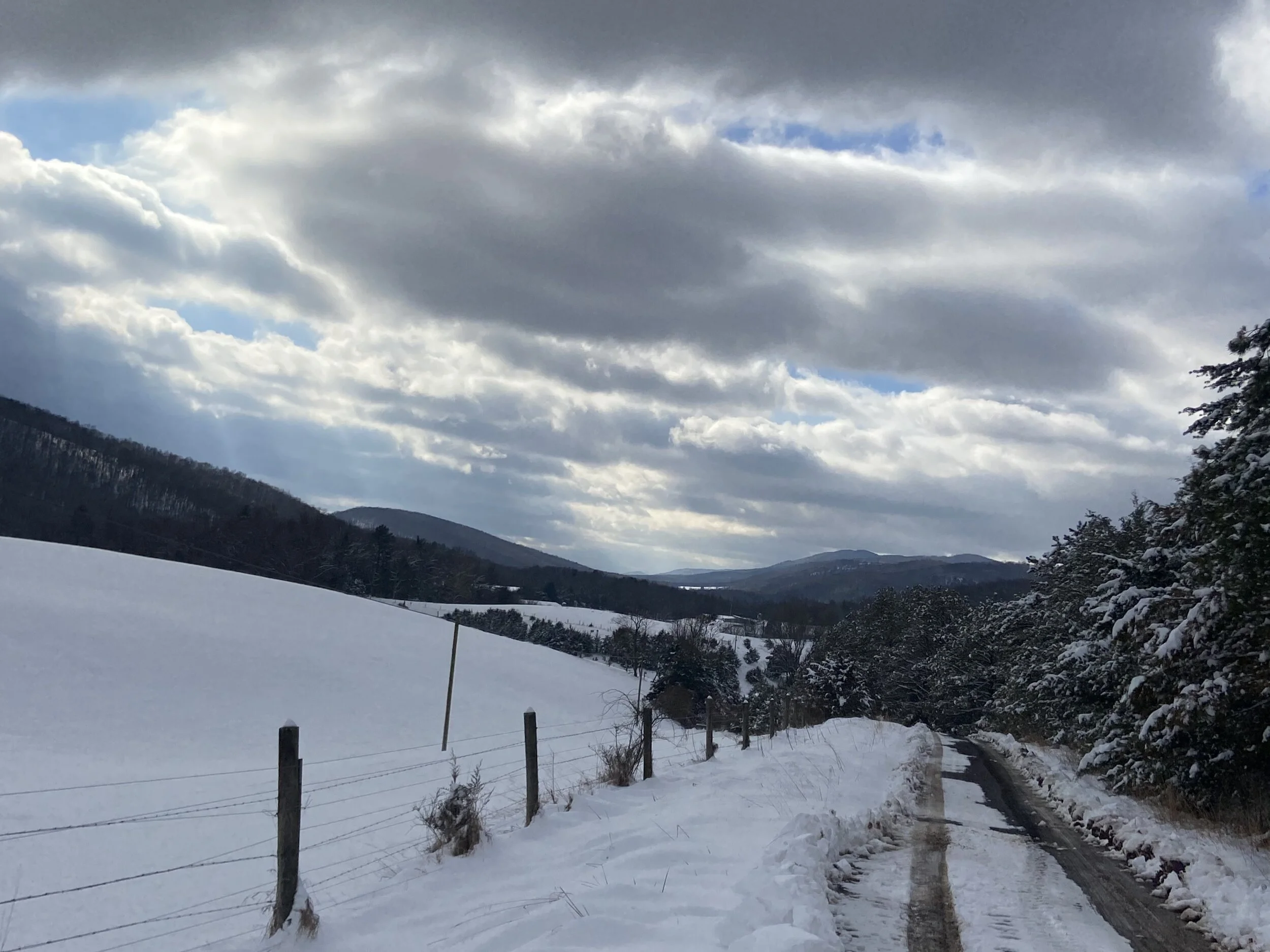This page serves as a temporary idea reservoir for improving the roads in West Virginia’s 86th District.
Traditional Revenue Sources
Property Tax
Self-explanatory
Motor Fuel Excise Tax
Tax baked into fuel costs
Vehicle Registration Fees
Self-explanatory
Mill Levy
The mill levy is essentially an additional property tax. Some counties will implement a mill levy
to fund a particular project, i.e., bridge replacement.
Innovative Revenues Sources
Sales Tax
Self-explanatory
Major advantages of the sales tax include:
(1) it can provide a fairly consistent source of revenue;
(2) it is inflation sensitive; and
(3) it is relatively easy to administer
Could be considered regressive as it affects the poor more than the rich
Special Ownership Tax
A special ownership tax is a fee imposed on the owners or operators of specific items.
Often times a fee for mobile Home registration (Unpopular with mobile home owners)
Could also be on heavy equipment (unpopular with business)
Wheel Tax
Tax on wheels.
Often unpopular.
Rural Improvement Districts / Special Assessment Districts
Not sure I fully understand this one, but seems to have some advantages.
Basically new development has to pay for its own road maintenance (I think).
“Essentially, all of the costs involved in servicing the particular district would be totaled and charged to the residents living in the subdivision (district). This charge should be recalculated annually
to adjust for any variances in the services anticipated. For example, years with heavy annual snow fall may require more frequent snow plowing, therefore increasing the snow removal costs.”
Potential Revenue Generating Methods
Severance Tax
A severance tax is based on the extraction of minerals, which compensate the county for extra wear and tear on its roads.
Taxing coal and fracking companies more?
Bonds
Basically selling bonds to whomever.
Cost Participation
A county board adopts projects and agrees with other agencies to pay toward total costs. For example, counties may contract with municipalities to help cover the cost of work completed by counties, e.g., proper drainage or fixing storm sewers. Because municipalities would share in the benefit of some of the improved maintenance, they also share some of the costs.
Perhaps West Virginia could do this with Regular Virginia to finish that highway to Davis all the way to I-81
Traffic Violations
Cost Reducing Strategies
Service Strategies
Converting paved roads back to gravel roads is another possible service strategy counties may implement to reduce their costs
Using a Chip Seal instead of completely repaving rural roads.
Chip seal is basically pouring tar on the surface and then covering it with rock to make a decent surface for less traveled roads.
Much less expensive than traditional paving (easier to budget), faster to complete (easier to schedule), and provides the benefits of traction, and is anti-erosion.
Additionally, soil stabilizers may be an effective surface treatment alternative for certain gravel and dirt roads.
